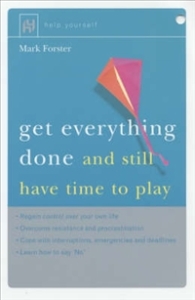To say that 2020 has not been the year any of us expected back when we celebrated New Year’s Eve and made our New Year’s resolutions would be an understatement. I bought my 2020 planner with great expectations of how its pages would fill with a record of my productivity, but months and months of it were left blank as time passed and the crisis deepened.
In Australia, we’ve been relatively lucky, with few deaths and not many cases compared to many other countries, though our state of Victoria is in the grip of a concerning second wave at the moment. Here in New South Wales, we are getting a tiny trickle of cases, but so far things are continuing along as “normal”, whatever that means in these strange days.
Restrictions have eased since our full-on lockdown from the end of March through to late May. Schools are open, as are restaurants and pubs, though with some restrictions. But many people are still working from home, if they can, and public transport is half empty. It feels as though at any minute it could all change again in a heartbeat.
This has been both a good and a bad time to be a writer. I was unable to write at all when things first got bad, overwhelmed by the scale of the disaster. I did a lot of reading in those early weeks. Every day, the news was so horrifying, and the only way to stop compulsively checking for updates was to lose myself in a book. When life feels like a disaster movie, what else do you do but escape into fantasy?
But after a while, I settled into the new reality, and actually found it helpful to have everyone home with me. My son was doing school online during lockdown. He’s seventeen, so he didn’t need my help, but we used to sit together at the dining table every day. He’d work on his schoolwork, and I’d write, and we’d both motivate each other to stick to it and get it done. Some days my girls, who are both at uni, would be sitting there with us, and it felt like a hive of industry. (Except my middle child is a terrible procrastinator, and her chatting would derail the rest of us!)
Lately, I’ve discovered the motivating power of the virtual “office”. I’ve been getting together with writer friends via Zoom. We have a little chat, then mute the meeting and get to work. It’s interesting how just having someone working away in the corner of your screen encourages you not to goof off and actually stick to what you’re supposed to be doing. It’s almost as good as having my little study buddy sitting next to me at the dining table.
I hope you’re safe and well, wherever you are, and that you and your family are coping okay with these strange times we live in. I’ll be over here writing, I guess, and hoping for better news for the world soon.





